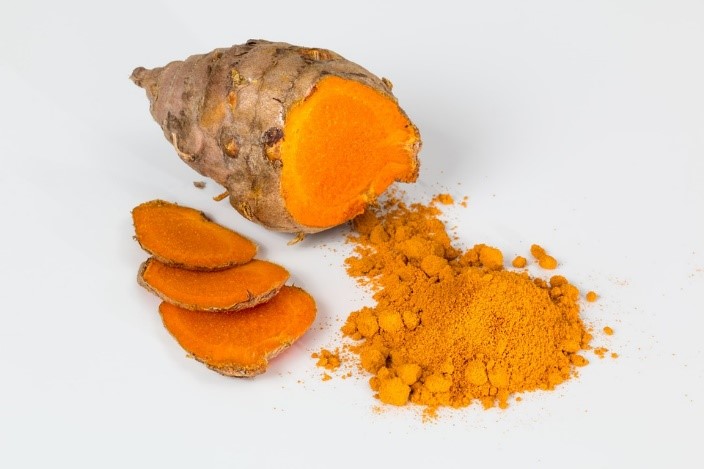4 Ways to Improve Your Children’s Gut Health

Gut health pertains to the balance of microbes in the digestive tract. The collective term for these microorganisms is called the “micro-biome.”
To have a healthy gut, the number of good bacteria and other microbes should be more than that of the unhealthy, disease-causing viruses, yeasts, and other microorganisms.
A healthy gut is vital for the growth and overall wellness of kids. When the micro-biome of children is balanced, their bodies can absorb more nutrients from the food they eat. As a result, they will get all the vitamins, minerals, and other nutrients they need to stay healthy and support their development.
Gut health also plays a crucial role in regulating and strengthening the immune system. Children who have no or few allergies and are not prone to sickness are usually those that have a well-balanced microbiome.
The condition of the gut flora has also been found to be linked to mental health. Many neurotransmitters are produced in the gastrointestinal tract by bacteria. If this system is healthy, the body will produce more feel-good neurochemicals, such as dopamine, oxytocin, serotonin, and GABA.
If the gut is unhealthy, the production of these neurotransmitters will be minimal. These low levels can cause anxiety, depression, behavioural issues, learning difficulties, and other mental health issues.
Since a healthy gut is crucial to the well-being and development of children, you have to help them improve and keep it balanced.
Boosting and Maintaining Your Children’s Gut Health
Below are four tips that will help you balance your kids’ micro-biome and ensure they have healthy guts that support their well-being and growth:
1. Give them food with good bacteria
Probiotic medicines for kids have been proven effective in helping children deal with diarrhoea. These restore the balance of microbes in the gut, thus fighting off the unhealthy bacteria or virus causing ailments.
Giving your children a probiotic supplement will also ensure that their gut flora is always balanced. To be sure your kids are taking the right product, consult their paediatrician first.
Your kids, however, can also get plenty of good bacteria from other sources that will boost and help them maintain a healthy gut. These include:
- Yoghurt
- Fermented milk drinks or kefir
- Miso
- Fermented vegetables, such as kimchi and sauerkraut
2. Include more high-fibre foods in their diet
Fibre is a nutrient that helps improve and sustain gut health. This substance can be found in fruits, vegetables, and other natural foodstuffs.
When your kids have a diet rich in high-fibre foods, you help ensure that their developing micro-biome gets plenty of nourishment.
Some of the fibre-rich foods you should be giving your kids every day are:
- Apples
- Asparagus
- Bananas
- Berries
- Beans
- Legumes
- Whole grains
If your children are a bit picky with the food they eat, you will have to be creative in getting them to consume more of these healthy, high-fibre fares. One option would be to serve sliced apples, bananas, carrots, and other fresh fruits with a yoghurt dip.
You can also create parfaits and smoothies using fresh fruits. Make sure to add yoghurt so that your little ones will also get some good bacteria.
3. Encourage your children to play outdoors
To help boost your children’s immune system and gut health, let them play outdoors. Allow them to frolic in the playground. If you have a garden, let them assist you in planting new seedlings, watering, and repotting the plants.
Whatever activity they do, they will get the exercise they need to keep their body healthy. And this will help promote the good bacteria in their bodies.
Additionally, allowing your kids to stay outdoors will give them more health benefits. They will get a healthy dose of vitamin D from the sun, a nutrient that also boosts the immune system.
Playing games also helps alleviate stress, a factor that reduces the healthy bacteria in the gut.
4. Give your children antibiotics only when necessary
Medicines can help kids fight their illness and recover faster when they are sick. However, giving children these medications frequently can do more harm than good.
This is because antibiotics kill bacteria indiscriminately. This means they get rid of the good microorganisms along with the bad ones in the microbiome.
As a result, children who are taking antibiotics have lower levels of good bacteria in their gut. And this can cause other issues, including diarrhoea.
As such, give your kids antibiotics only when prescribed by their paediatrician. If not, don’t ask the doctor to recommend these drugs, especially for treating colds, cough, allergies, stomach viruses, and other viral infections.
In case your children have been prescribed antibiotics, follow the prescription directions carefully. Avoid skipping these and then end up doubling doses. Ensure they complete the treatment as well.
While your kids are on the treatment, boost their intake of good bacteria. Ask their doctor for a probiotic medicine they can take. Have them eat more probiotic-rich fruits, vegetables, and other foods as well.
By doing so, you will quickly replace the good bacteria that will get lost while they are on antibiotics.
While looking after your kids’ gut health, make sure you boost and take care of your own, too, to experience improved wellness and the other benefits that a balanced micro-biome has to offer.
I am Abhishek Kumar, I have done my master’s in Biotechnology. My most preferred genre of writing is Health, Environment, Entertainment, and sport. I have been writing from the past 4 years about blogs, articles, and web content. I am working as a professional blogger. I enjoy socializing a lot. Apart from all this, I enjoy watching movies, web series, cricket and exploring nature makes me happy.


